How We Collaborate Matters
Whether it is social equity, affordable housing, municipal services and infrastructure, trails or transportation, Kennett has and will always have many decisions to make as a community as to what matters to us. Importantly, these issues impact all of us, regardless of the language we speak, our economic situation, our education or the neighborhood we live in.
How the community collaborates matters. In order for this community to thrive, we need to work together to raise up the needs, wants and desires of all members of community as part of the decision-making process.
So this raises a number of questions: how do we do that? How do we engage and learn from each other? How do we engage and learn from people who we don’t interact with every day, who may not speak our language, who may be on different ends of the spectrum economically or politically? How do both insiders and people who feel like outsiders have a voice?
And, how will we know if our efforts are successful? How do we know that people are better off as a result of all the efforts we are each doing – both separate and together?

To that end, Square Roots has decided to try an experiment with a one year, pilot project with PennPraxis. PennPraxis, a center of the Weitzman School of Design at the University of Pennsylvania, supports design action and thought leadership to advance inclusion, innovation, and impact in communities that design doesn't typically serve.
The goal of this project is to supersize our community’s ability to engage with each other around these issues. Several goals for this year-long project:
-Understand the community’s priorities and goals
-Have the community develop, test and implement a replicable model for community engagement that can be used across local planning efforts to achieve these goals
-Ensure we are collecting data to track impacts over time
So what does it mean to have a replicable model of community engagement?
Creative ways to have people participate in decision-making about their future, rather than just taking surveys.
Paying and investing in members of the community to learn community engagement techniques, so that they can be empowered as leaders and liaisons to build connections with members of the community that often don’t have a voice.
Ensuring that the people involved in the decision-making process represent the whole community. For example, discussions about affordable housing would ideally be led, in part, by those who need affordable housing.

The aspiration is that all members of our community are empowered to be part of the decision-making process. It is only when all members of the community are engaged and feel ownership over decisions that we can build a truly inclusive and thriving community.
Get in touch.
To learn more about this project, or get involved, please send us your information. This is an experiment for us – and if it is successful – we hope that this project can continue with community support in the future.


